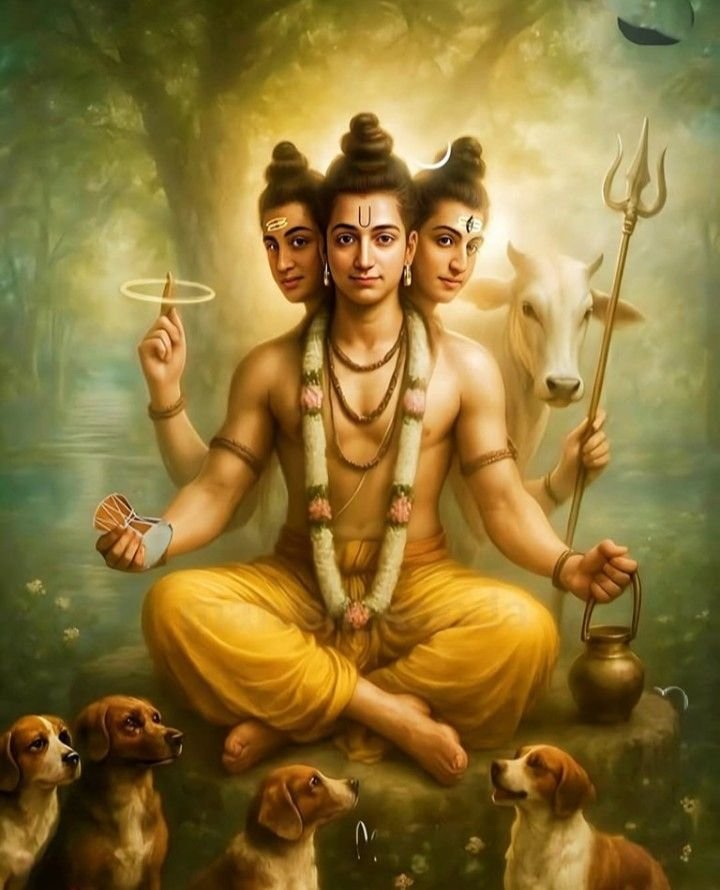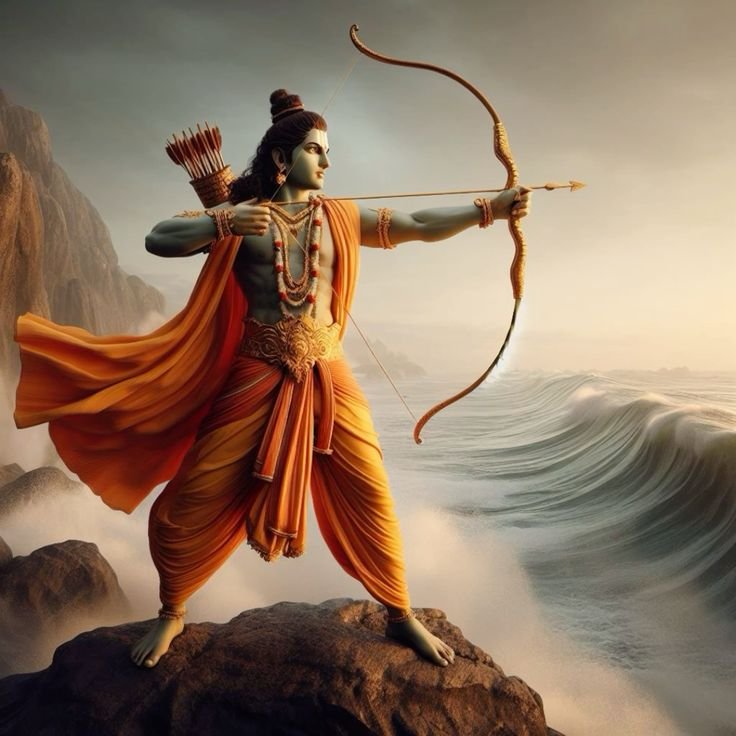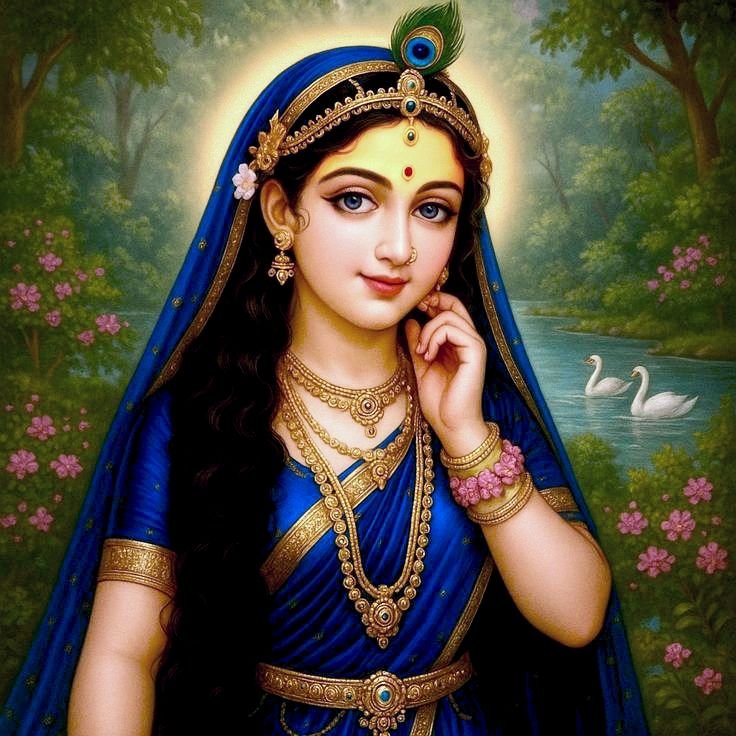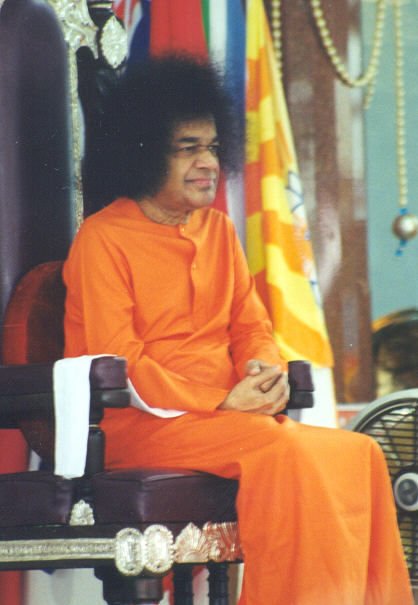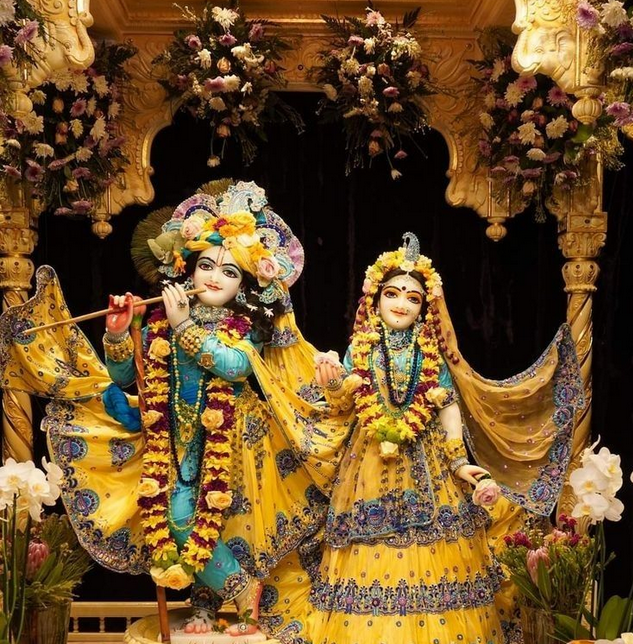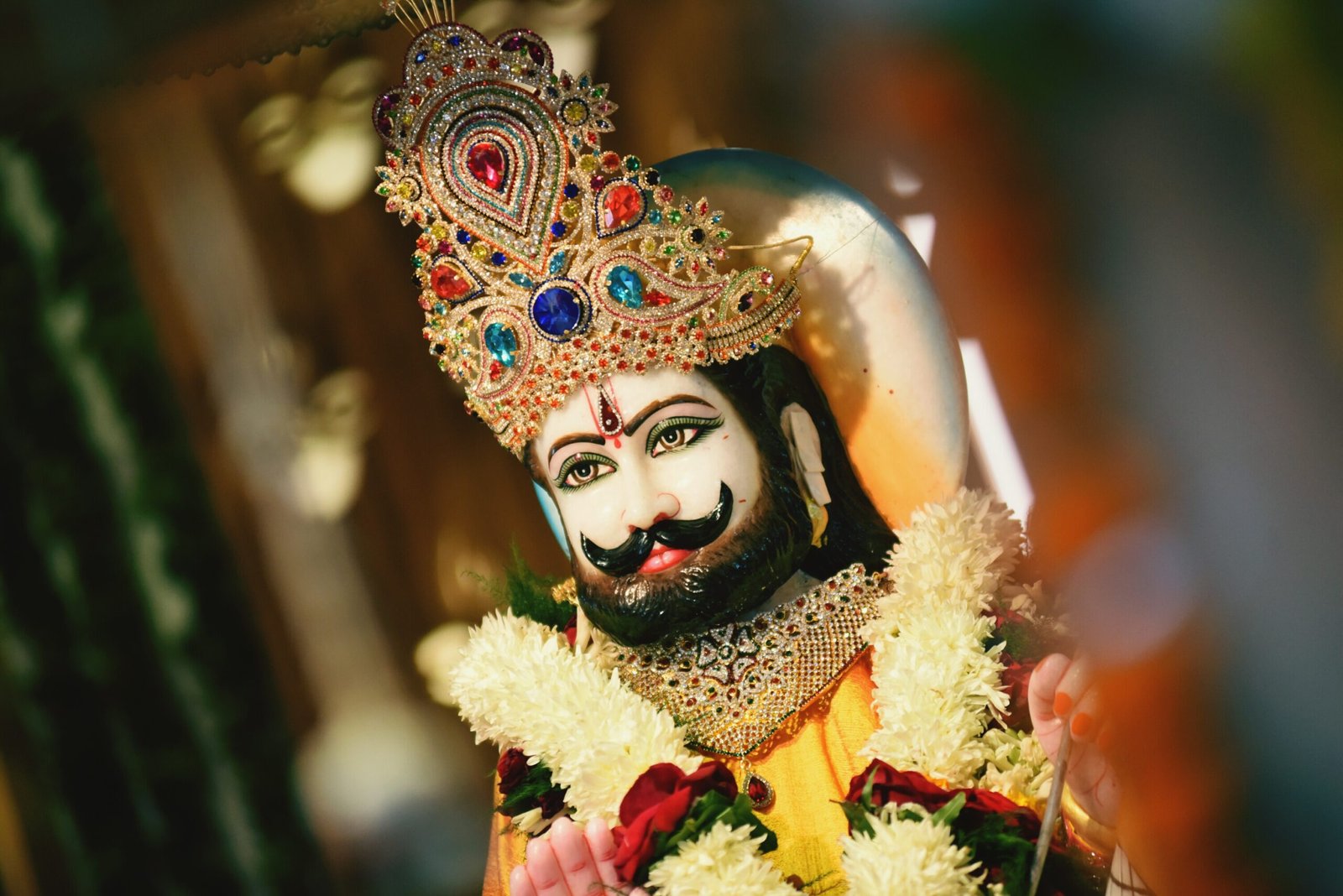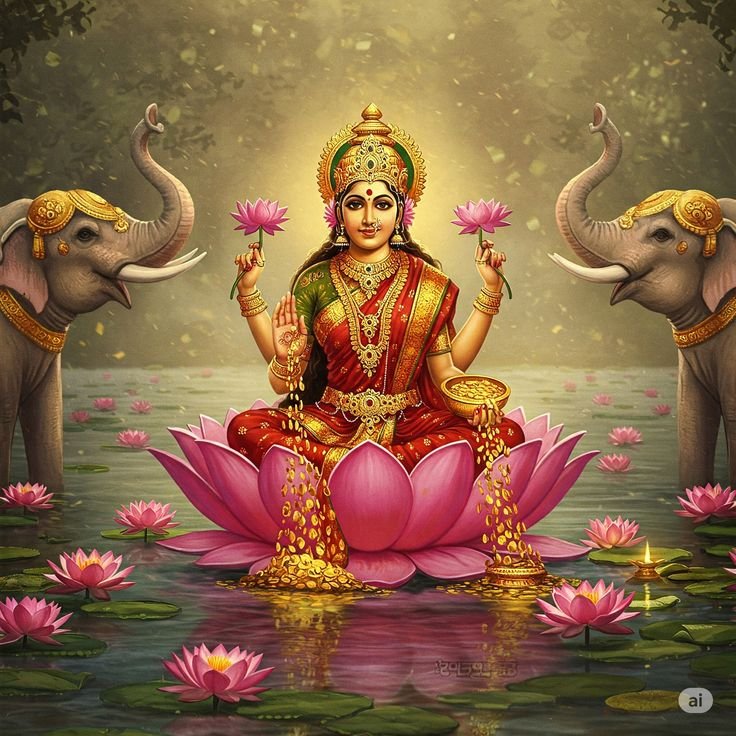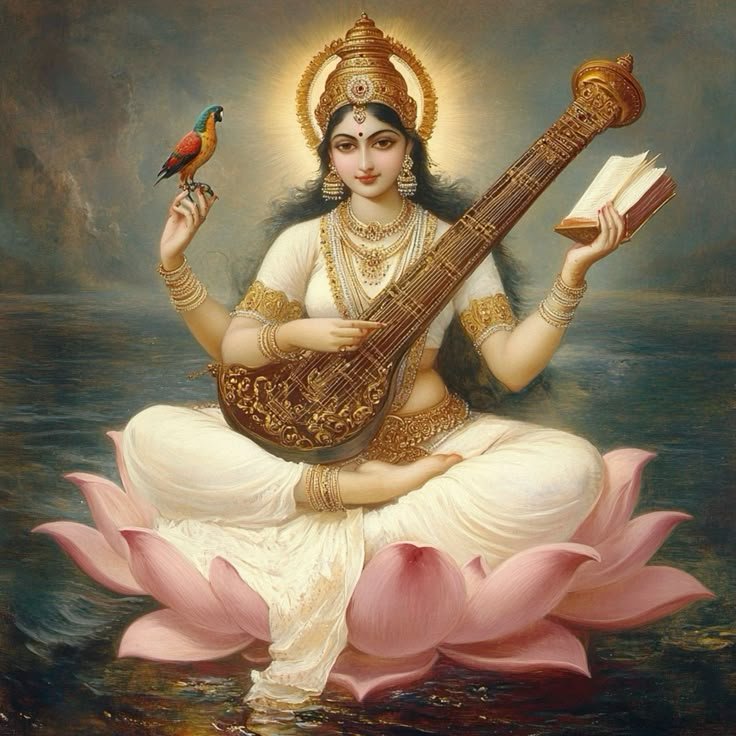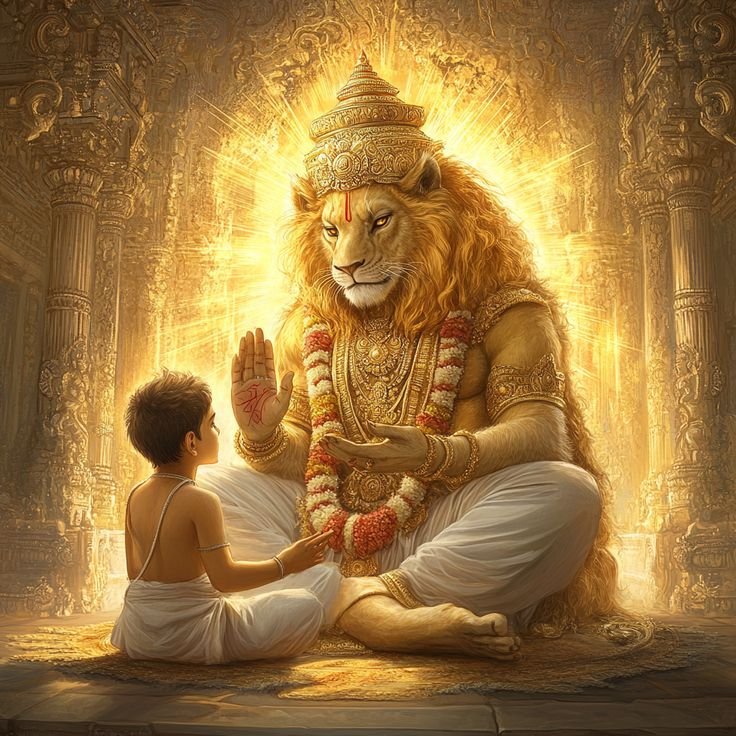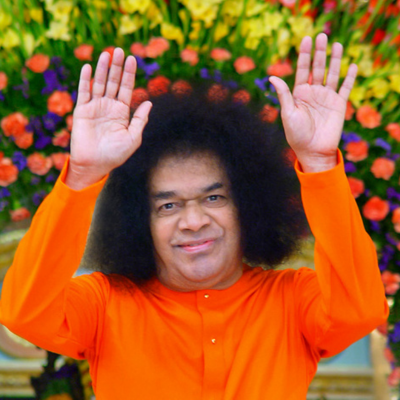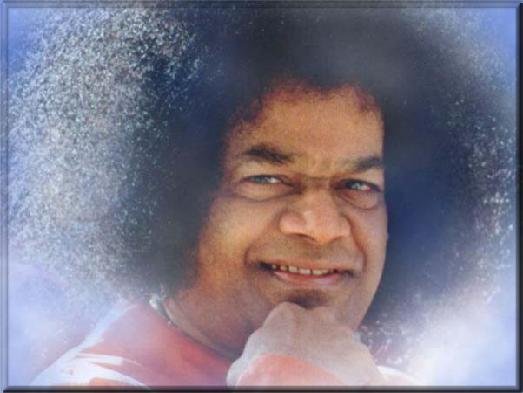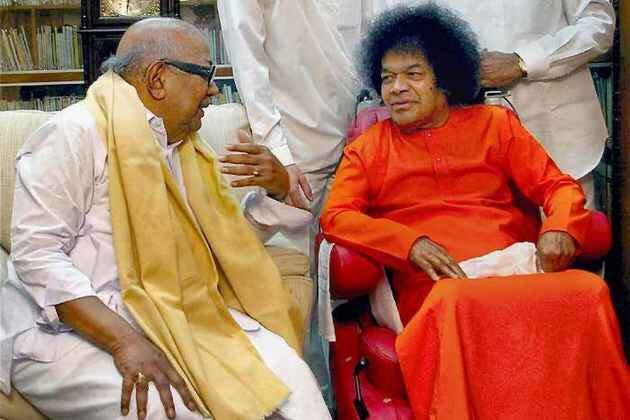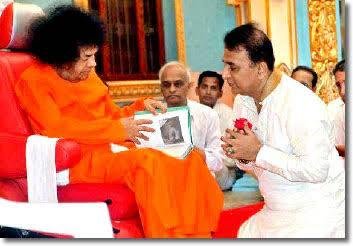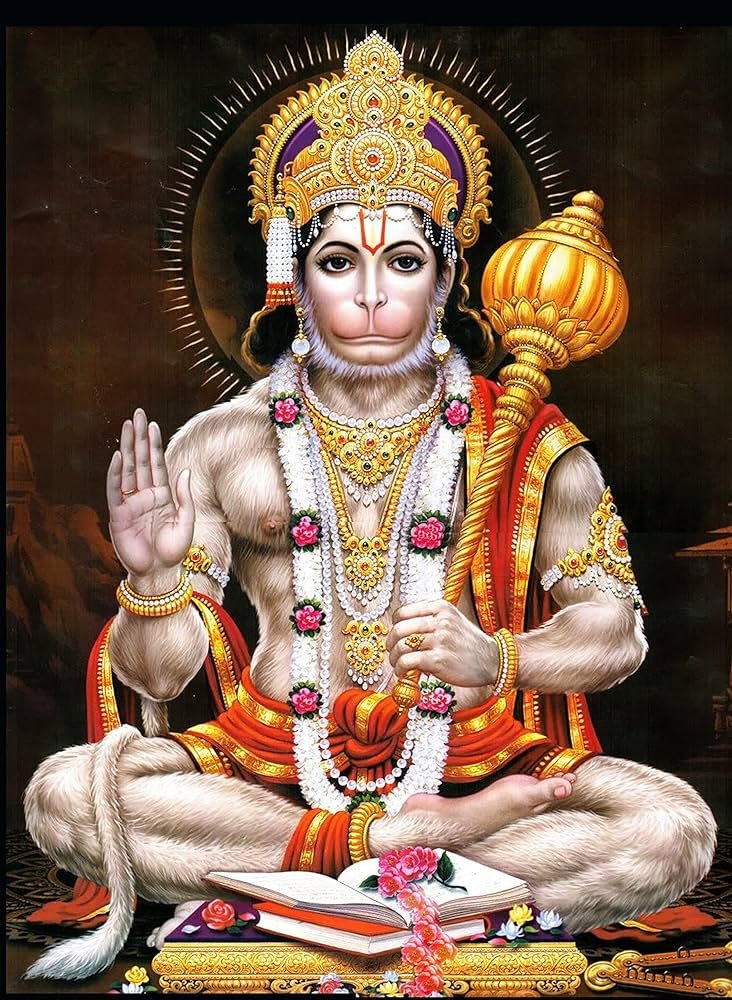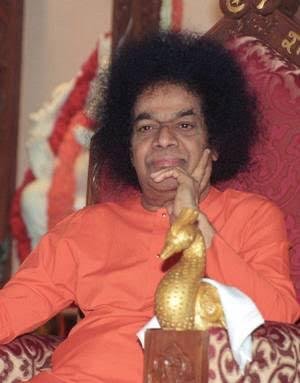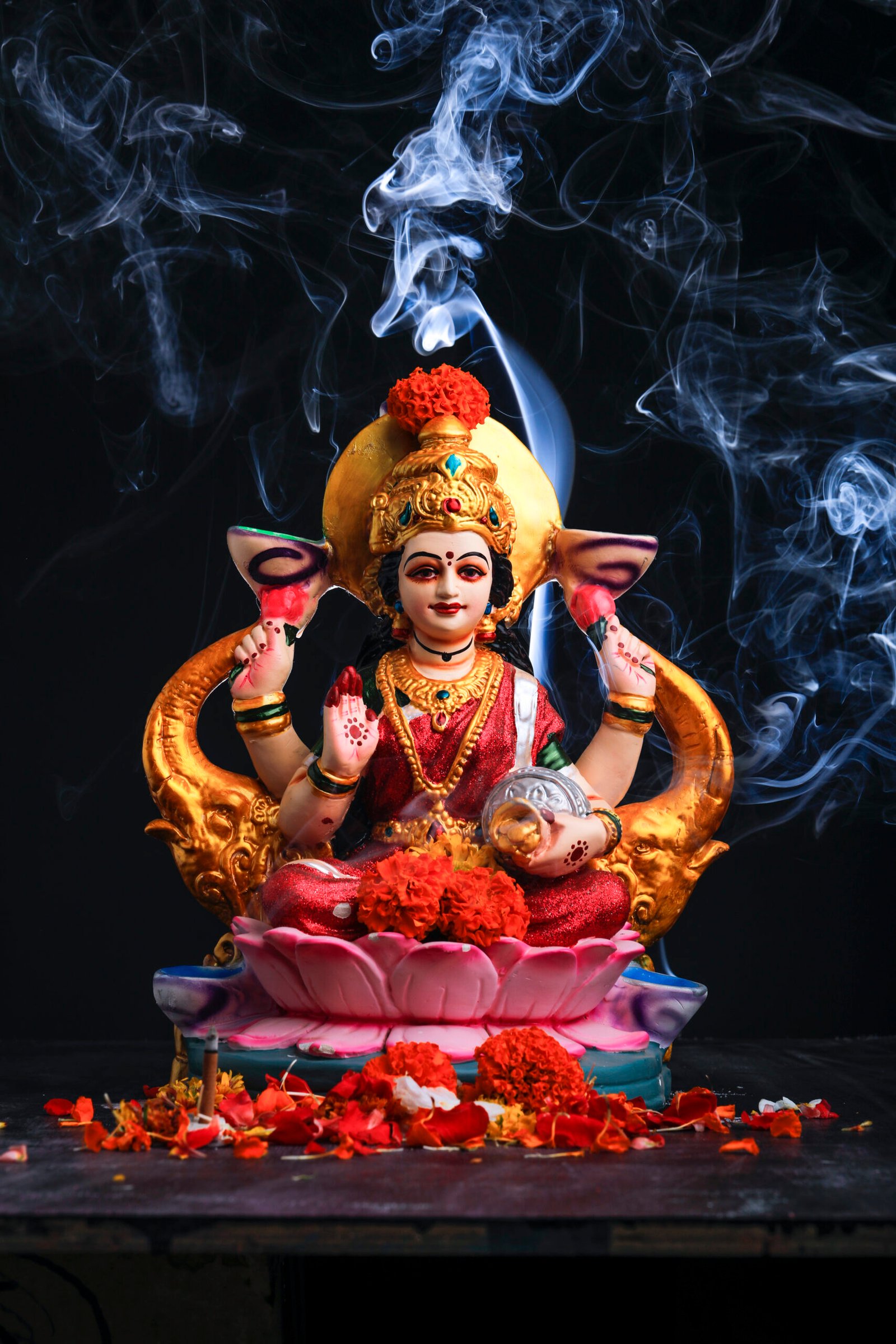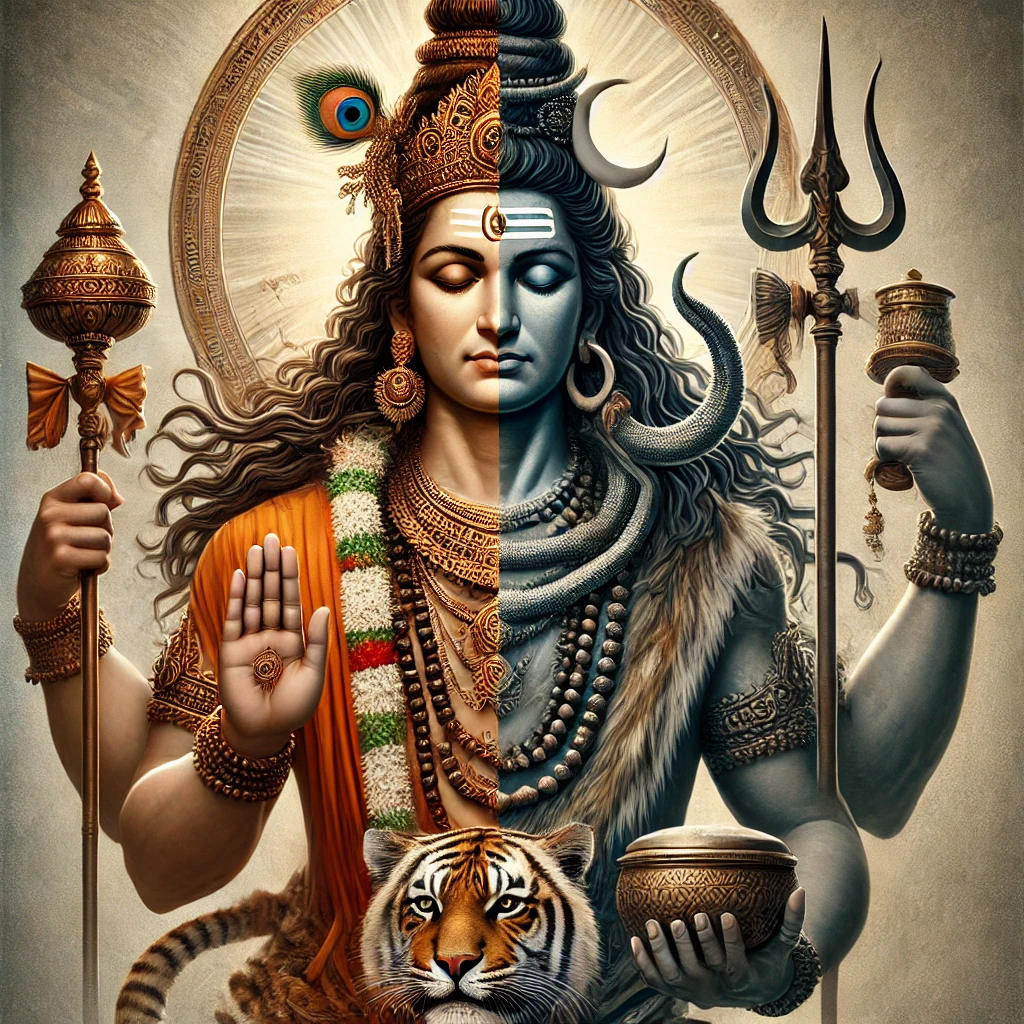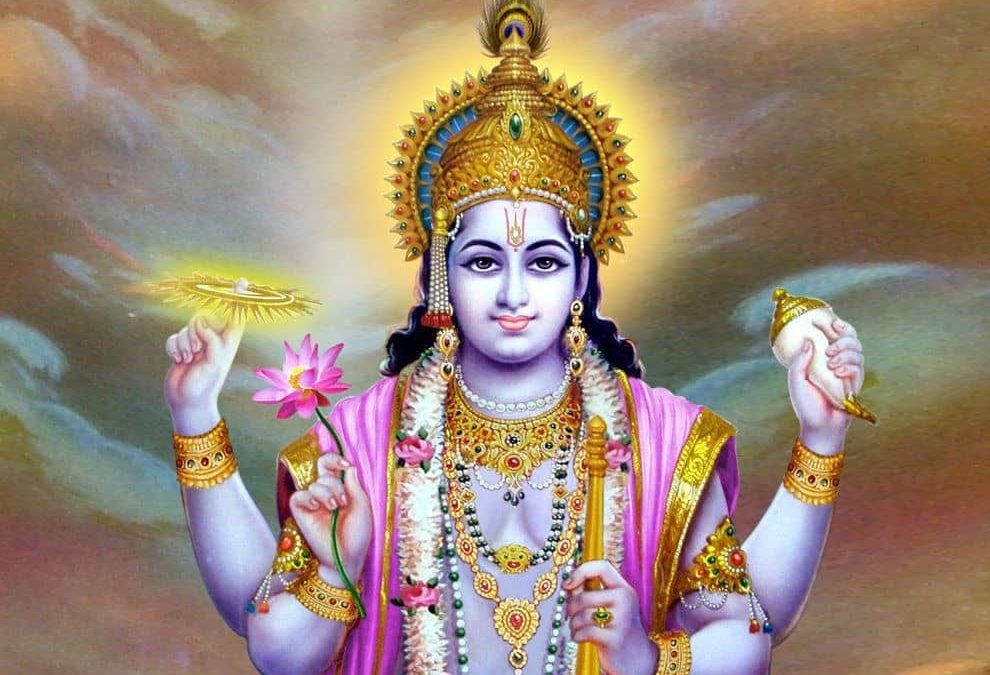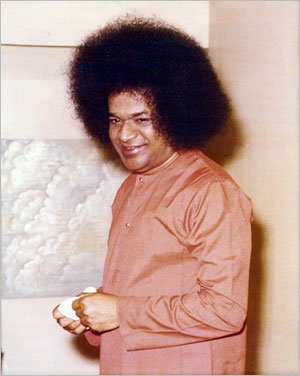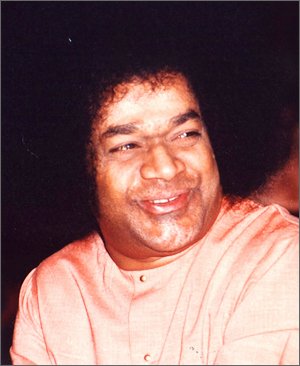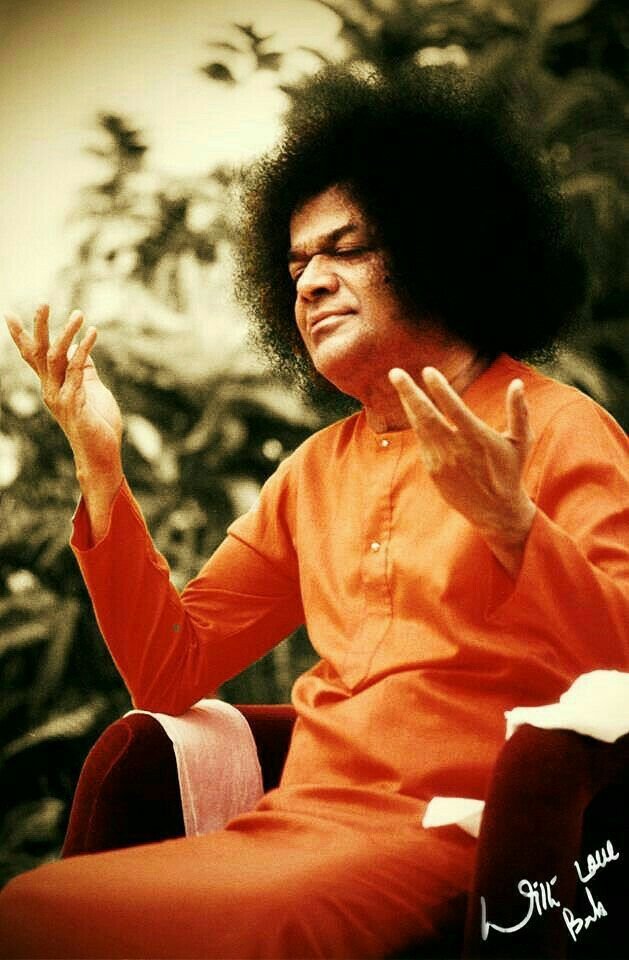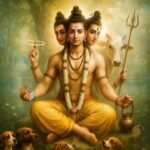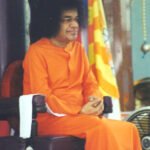Shiva Bhujangam
Shiva Bhujangam
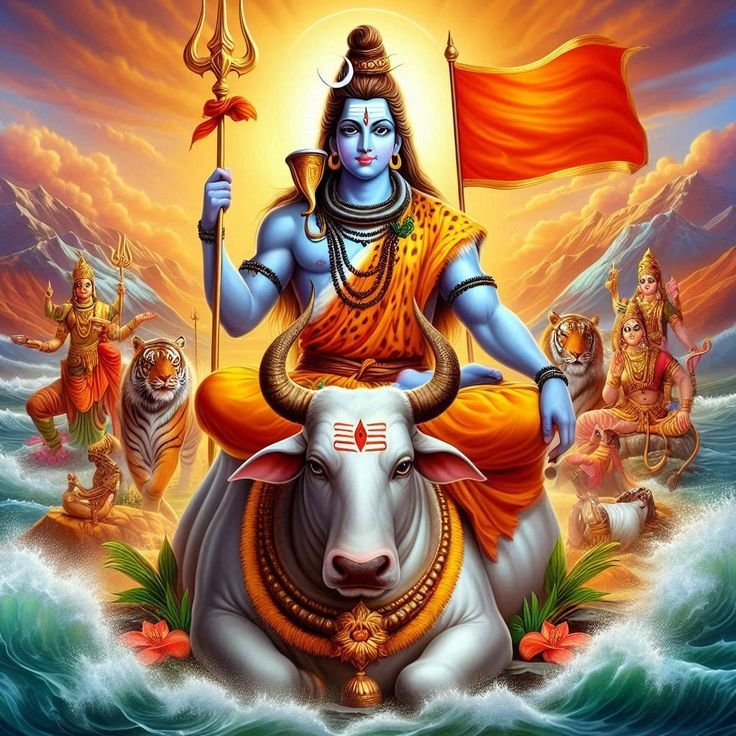
Shiva Bhujangam is a devotional hymn composed in the Bhujanga metre, dedicated to Lord Shiva, the supreme deity of the Hindu pantheon. The word Bhujangam literally means “serpent” and the metre resembles the movement of a snake, flowing smoothly in rhythmic beauty
. This style of poetry is often used in Sanskrit devotional literature to express deep reverence, humility, and surrender to God. The Shiva Bhujangam, attributed to great saints such as Adi Shankaracharya and other enlightened poets, praises Lord Shiva as the eternal source of creation, sustenance, and dissolution. In these verses, the devotee contemplates Shiva as the embodiment of truth, auspiciousness, and compassion, while also recognizing him as the fierce destroyer of ignorance and ego.
The imagery used in the hymn is rich with descriptions of Mount Kailash, the sacred Ganga flowing from Shiva’s matted hair, the crescent moon adorning his head, and the serpent Vasuki coiled around his neck, signifying control over death and fear. The hymn also vividly portrays Shiva as Nataraja, the cosmic dancer whose rhythm sustains the universe, and as Ardhanarishvara, the union of divine masculine and feminine energies. Reciting or meditating on Shiva Bhujangam is said to purify the mind, remove obstacles, and invoke inner strength and wisdom. Devotees believe that chanting it with devotion brings freedom from worldly suffering and establishes a connection with the transcendental presence of Shiva. Its verses carry a profound philosophical essence of Advaita Vedanta, emphasizing that the individual soul and the supreme consciousness are not separate but one reality.
Thus, Shiva Bhujangam is not only a poetic prayer but also a guide to spiritual realization, encouraging seekers to rise above worldly attachments and rest in the bliss of self-awareness. The beauty of this composition lies in its blend of devotion, philosophy, and poetic grace, making it timeless and universal. Even today, Shiva Bhujangam is chanted in temples, homes, and during festivals like Maha Shivaratri, where devotees spend the night in prayer, bhajans, and meditation on the Lord. For spiritual aspirants, it serves as a reminder that surrender to Shiva leads to liberation, peace, and divine grace.


